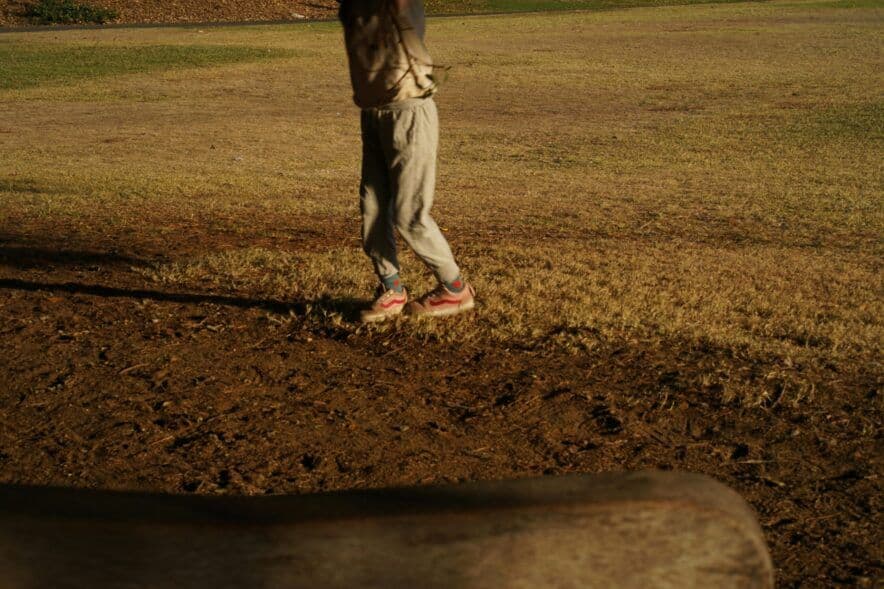Research
Independent outdoor time supports the development of motor competence in children

Freya Lucas
Apr 11, 2025
Save
Independent outdoor time and multisport activities support the development of motor competence in children, a University of Jyväskylä study has found.
Published in the Journal of Sport Sciences, researchers followed the development of children’s motor skills over a three-year period, from early childhood education to school age, finding that even 30 minutes of outdoor time after a day at childcare (sic.) makes a difference.Previous studies have shown that time spent outdoors, along with the diversity of physical activities, can positively affect motor development, but longitudinal studies considering these factors simultaneously have been rare.
The longitudinal study consisted of two separate studies: “Skilled Kids” (early years) and “Active Family” (early primary school), which followed the same children every three years. The study included 627 children from 23 locations across Finland. The children were randomly selected to ensure a comprehensive representation of the entire country, considering geographical location and population density.
Time spent outdoors is associated with better motor competence, they found, especially in girls.
“Just 30 minutes of daily outdoor time after a day at childcare predicted better motor competence in school-age girls,” researcher Nanne-Mari Luukkainen said.
Boys were found to be significantly more active than girls, which may be one reason no connection between outdoor time and motor competence was observed in boys.
Additionally, the study confirmed the importance of multisport activities for children’s motor development.
“We found a connection between multisport and the development of motor competence,” Luukkainen said.
“Engaging in two or more sports during early childhood education predicted better motor competence later in school age.”
The study emphasised the independent roles and importance of outdoor time and multisport activities in the development of children’s motor skills. Engaging in multisport activities, in particular, predicts the strengthening of motor competence.
“Based on the results, coaches and physical education teachers should consider the importance of both organised and non-organised physical activities in the holistic development of children and encourage children to engage in diverse physical activities,” Luukkainen emphasised.
The development of motor competence in childhood is a key factor in maintaining physical activity and engaging in an active lifestyle.
Don’t miss a thing
Related Articles



















